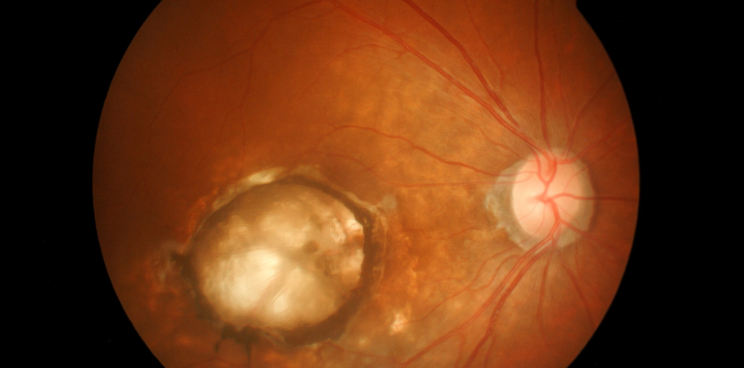Newsletter Signup - Under Article / In Page
"*" indicates required fields
UK gene therapy biotech Gyroscope Therapeutics has secured €55.4M in Series B funding to target age-related macular degeneration.
Life sciences investor Syncona, which is backed by the UK’s Wellcome Trust, continued its support of the company contributing €52.7M to the round. This brings its total investment in Gyroscope to €90M since the biotech was founded in 2016. The rest of the money was contributed by the University of Cambridge investor Cambridge Innovation Capital.
Gyroscope is developing a gene therapy for dry age-related macular degeneration (AMD), the most common cause of permanent vision loss in people over the age of 65 with no approved treatments. Its therapy acts by reducing excessive activity in the complement system. This part of the human immune system is thought to be overactive in people with dry AMD.
Gyroscope dosed the first patient in a phase I/II trial of its candidate therapy in February this year, but has not released any results to date.
In April this year, it merged with US-based Orbit Biomedical. This medical device company has developed a way to inject a therapy into the space behind the retina without having to remove tissue from the center of the eye or pierce the retina.
Gyroscope plans to use this technology to administer its gene therapy to patients, as it believes this approach will increase the chances of its gene therapy being effective compared with more invasive approaches. If successful, the company also plans to license this technology to other gene and cell therapy companies.
Since the approval of Luxturna by the FDA and EMA to treat inherited retinal disease at the end of 2017, there has been a race to get more gene therapies targeting different forms of vision loss on the market.
Notable examples include UK-based Nightstar Therapeutics, which was acquired by Biogen earlier this year for €773M along with its pipeline of late stage retinal disease targeting therapies. Also, French biotech GenSight, which is applying for approval for its gene therapy targeting Leber hereditary optic neuropathy at the moment despite achieving mixed results in a recent phase III trial.
Images via Shutterstock
Are you interested in eye disease R&D?







